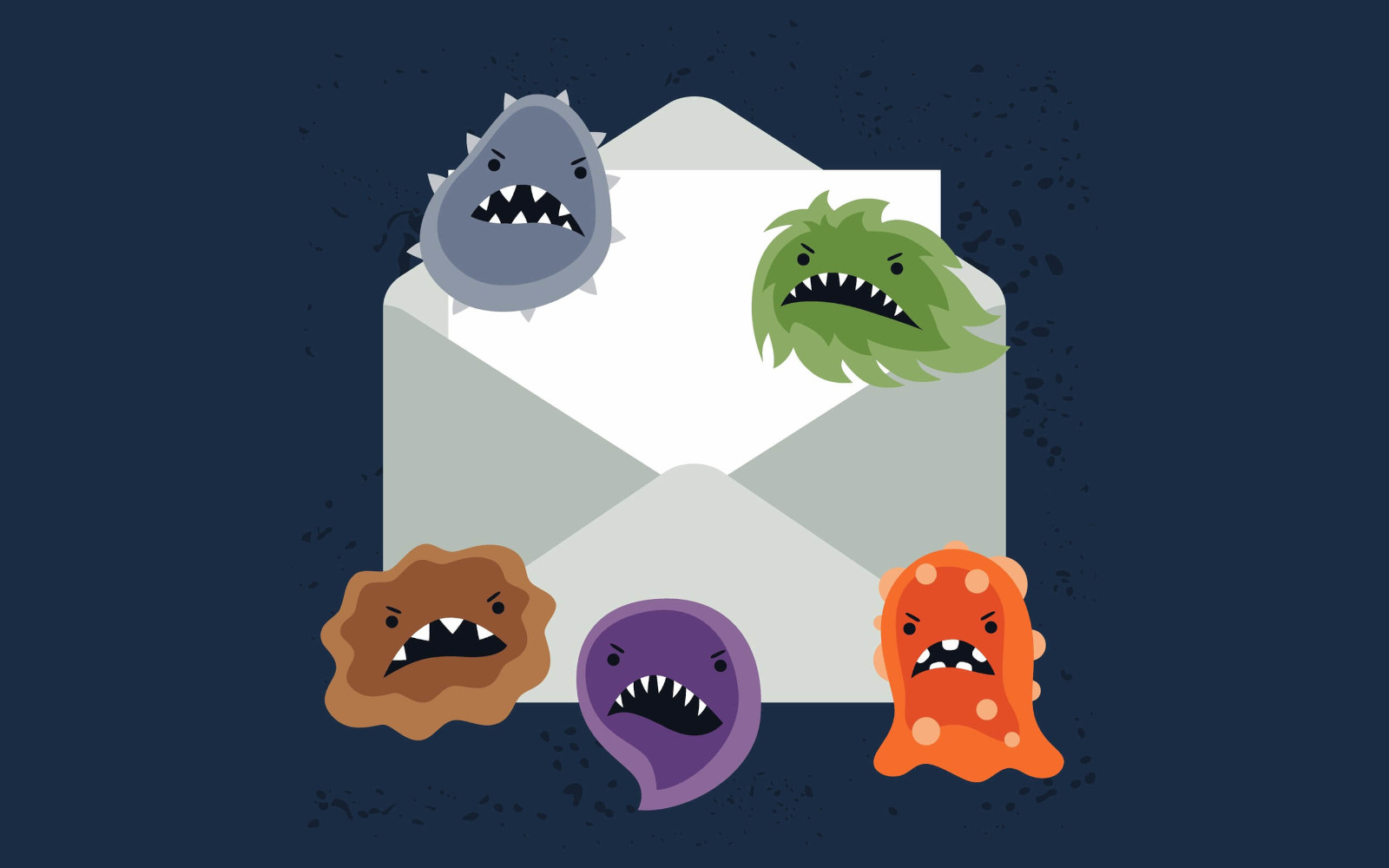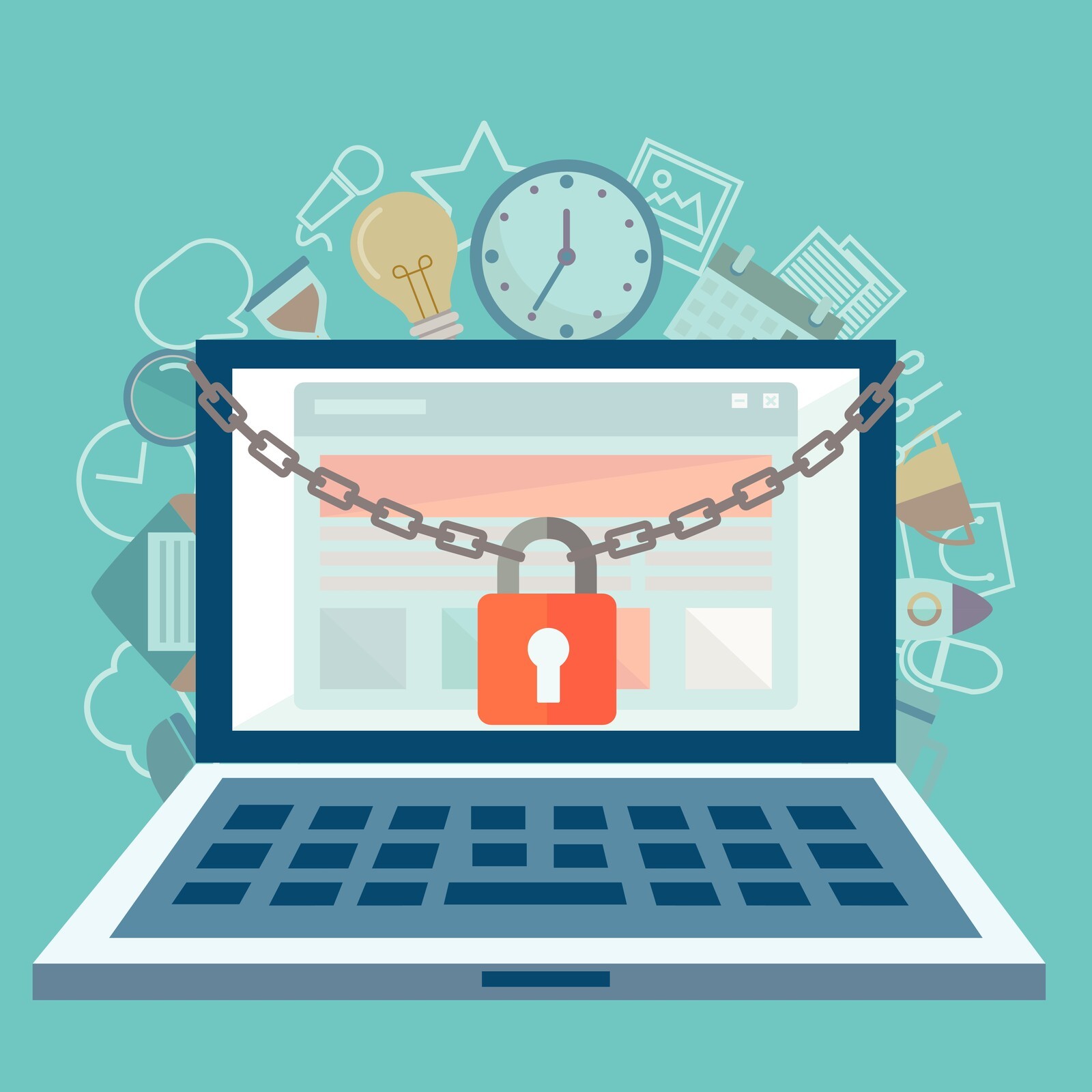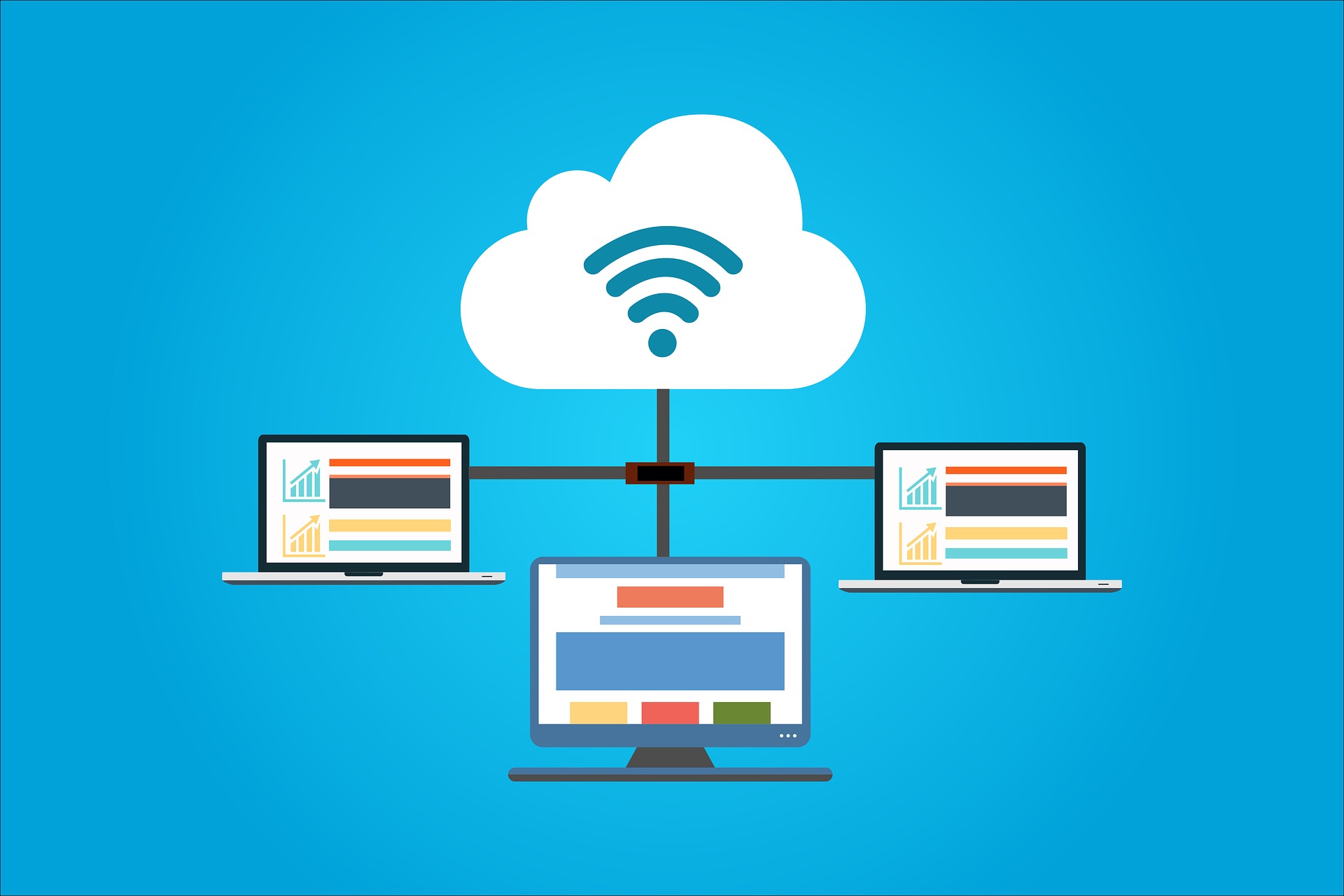As we increasingly turn to email for both personal and professional exchanges, the threat of having an "Email Hacked" becomes a significant concern that warrants our attention.
Emails often carry sensitive information, ranging from intimate personal conversations to important business contracts. With so much at stake, maintaining the privacy and integrity of these communications is of paramount importance. A breach could lead to severe repercussions, damaging not just our private lives but also our professional relationships and reputations.
Email Hacked or Spoofed? The Basics
What Does "Email Hacked" Mean?
Email Hacked is a situation where unauthorized individuals or entities gain access to your email account without your consent. This unauthorized access is typically accomplished through sophisticated methods, including but not limited to, phishing schemes, malware attacks, password brute-forcing, or exploiting security vulnerabilities in the email system.
Once inside, these cybercriminals can wreak havoc in a number of ways. They can read your private communications, send malicious emails posing as you, steal sensitive information, or use your account as a platform for launching spam or phishing attacks.
The aftermath of an email hack can be wide-ranging and devastating. Minor consequences could involve your contacts receiving spam emails appearing to come from you. More severe outcomes could include identity theft, where the attackers use your personal information for fraudulent activities, the exposure of sensitive personal or business data, or even financial loss if banking information or credit card details are compromised.
Additionally, the violation of your personal or professional reputation cannot be overlooked, as recipients of malicious emails sent from your account might associate you with the unwelcome content.
What Does "Email Spoofed" Mean?
Email Spoofing is a different kind of threat. In this case, the attackers do not need to gain access to your email account. Instead, they manipulate the email protocols to make their messages appear as if they were sent from your email address. This is done by tampering with the email headers, specifically the 'From' field, which most email clients display to the user.
Essentially, email spoofing is a form of impersonation, where the attacker masks their own identity and pretends to be you in the digital communication.
The key difference between email hacking and email spoofing lies in the level of access. In hacking, the attacker intrudes into your email account and has direct control over your activities, while in spoofing, they masquerade as you but do not have access to your account.
Each can lead to harmful outcomes but require distinct methodologies for execution and different prevention and mitigation strategies. Understanding these nuances is crucial for effective email security, which we will delve deeper into in the following sections of this blog pos.
How to Determine if Your Email was Hacked
Signs of Hacked Email
Identifying a hacked email account promptly can minimize potential damage. Below are some red flags that could indicate your email has been compromised:
- Unexpected password changes
If you can't log in with your regular password, or if it was changed without your knowledge, this could be a sign your email has been hacked. - Unrecognized sent messages
Check your email sent folder. If you see emails that you didn't send, your account might have been breached. - Unusual account activity
Are there email deletions or settings changes you didn't make? These could suggest unauthorized access. - Spam complaints
If friends or colleagues report receiving spam or strange emails from your address, your email could be compromised. - Unexpected system messages
Multiple failed delivery notices or password reset emails are potential warning signs.
Steps to Verify Email Hacking
If you suspect your email has been hacked, below are steps to confirm:
- Check login activity
Many email providers offer a feature to review recent account activity. Look for any logins from unfamiliar locations or devices. - Scan for malware
Use an up-to-date antivirus program to scan your device for any malware. - Check for unusual settings changes
Ensure your email settings have not been altered, such as your email signature, auto-forwarding settings, or reply-to address.
How to Check if Your Email was Spoofed
Signs of Email Spoofing
Email spoofing can be trickier to identify since the hacker doesn't have direct access to your account. However, certain signs can suggest email spoofing:
- Bounced emails
If you receive delivery failure messages for emails you did not send, someone might be spoofing your email address. - Complaints from contacts
If contacts receive strange emails appearing to be from your address, your email might be spoofed.
Steps to Verify Email Spoofing
Confirming email spoofing can be slightly complex, as it usually involves technical aspects:
- Examine email headers
To definitively confirm spoofing, you'll need to analyze the email headers of suspicious emails. Look for discrepancies in the 'Return-Path' and 'From' addresses. - Implement SPF, DKIM, and DMARC
These email security protocols can help authenticate outgoing emails and prevent others from spoofing your email address.
Steps to Take if Your Email was Hacked or Spoofed
Immediate Actions
Upon noticing signs of a hacked or spoofed email, swift action is vital:
- Change Passwords
The first line of defense after a hack should be changing your password. Make it unique and complex to deter further breaches. - Review Account Settings
Ensure no settings were altered to continue compromising your email. - Scan for Malware
Use an up-to-date antivirus to clear any possible malware from your system. - Inform Contacts
If your email was spoofed, inform your contacts so they don't open suspicious emails appearing to be from you.
Long-term Preventive Measures
Here are some steps you can take to protect your email account in the future:
- Use Strong Passwords
Ensure your password is complex and unique, change it regularly, and consider using a reputable password manager. - Two-Factor Authentication
Enable two-factor authentication if your email provider offers it. This adds an extra layer of security. - Be wary of phishing attempts
Be careful with emails asking for personal data, and avoid clicking on unknown links or downloading attachments from unfamiliar sources. - Regular Updates
Keep your system and security software up-to-date to protect against the latest threats.
Email hacking and spoofing are pervasive, but not insurmountable. By understanding the signs of hacking and spoofing, and being proactive in implementing robust security measures, you can significantly reduce the risk of your email account falling victim to these cyber threats. An ounce of prevention is worth a pound of cure.
It's crucial to adopt good email habits, keep software updated, and remain vigilant against potential phishing attempts and suspicious email activity. As cyber threats evolve, so too should your protective measures.




